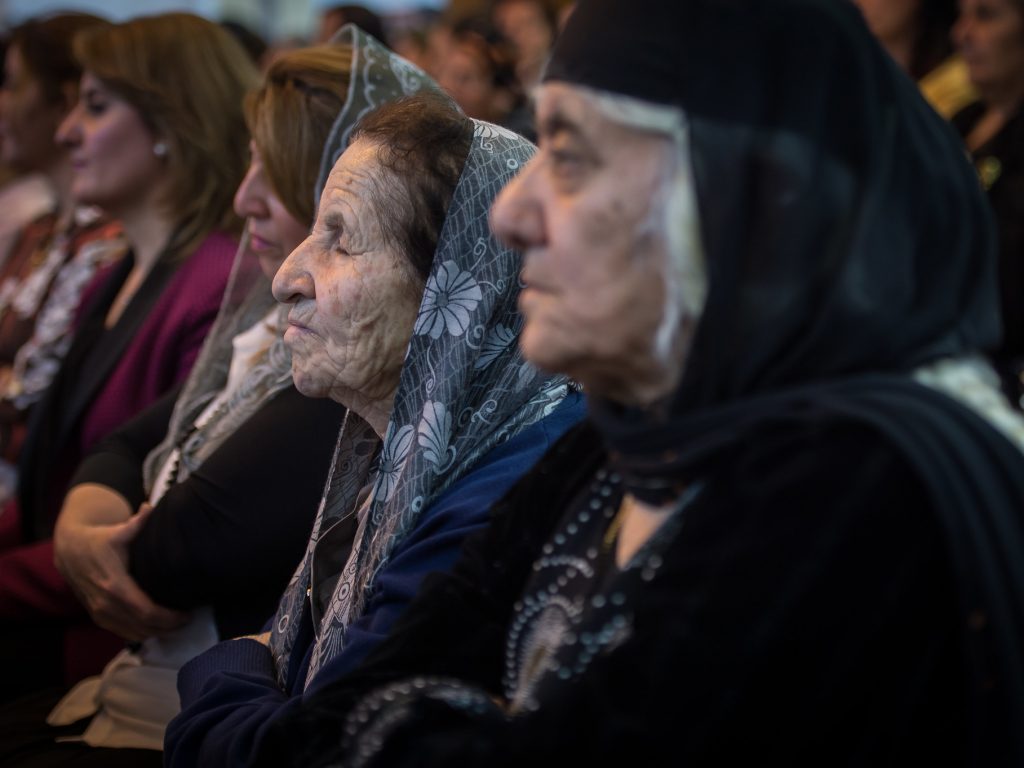This event has now concluded. A full-length recording is available below.
Political crises often provide motivation and cover for increased persecution of religious minority communities—a pattern underscored yet again by the COVID-19 pandemic.
But why do certain communities become targets and not others? Why do governments sometimes support and even initiate this discrimination? Why does this scapegoating lead to widespread violence in some cases and not in others? And what interventions can effectively protect these vulnerable communities?
Join us for a closer look at the complex social, political, economic, and religious factors that fuel discrimination towards religious minority communities during periods of political uncertainty. Panelists will discuss cross-national trends identified through the USAID-USIP Closing the Gap Project as well as recent events in Myanmar and Iraq. They will also explore anti-Semitism in a global context. Finally, the conversation will consider lessons from the US context and discuss policy interventions for reducing tensions and promoting peace.
Presented by the Keough School of Global Affairs and its Ansari Institute for Global Engagement with Religion, and by the US Institute of Peace.
Photo: “Cardinal Nichols visits Erbil in Iraq” by Catholic Church (England and Wales) is licensed under CC BY-NC-SA 2.0.
ARVE Error: No oembed html